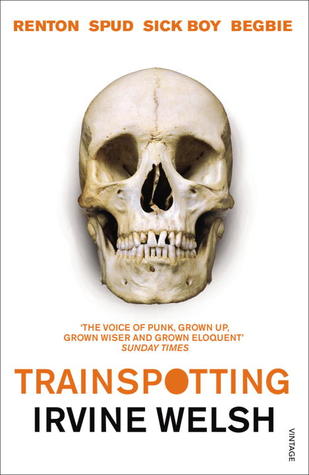THIS IS an amazing novel! The emotional impact of it hit me
really hard.
Seymour
‘Swede’ Levov is a non practicising Jew who seemed to have it all. He was the all American boy with blonde good
looks, athletic, kind and heir to the successful family glove manufacturing
business. He was also the childhood hero
of reporter Nathan Zuckerman who was friends with the ‘Swede’s’ younger brother
Jerry at school. The promise of a good
life was all apparent during their school days, and when Zuckerman meets up
with him after many years, he can’t believe how good the ‘Swede’ still looks;
he has an attractive wife, three smart sons and his calm exterior suggests a
life with no worries. So, when Zuckerman
bumps into Jerry at their school re-union soon after, he is stunned to learn
that the ‘Swede’ has died from metastasised prostate cancer and that he had had
a first wife (the former Miss New Jersey no
less) and a daughter whom he had never mentioned at their meeting. Jerry is not surprised that he didn’t talk
about them, and Zuckerman is compelled to delve into the history of this man;
piecing together what he can from Jerry, his own knowledge of him from their
school days and newspaper clippings.
What he finds is that beneath the perfect exterior was a man who had
been emotionally ripped apart.
The backdrop of the novel is set during the Newark riots, the Vietnam War and
Watergate. It was a very tumultuous
period that had a profound impact on the Levov family. the ‘Swede’s’ teenage daughter Meredith,
swept up in the anti Vietnam war campaign, brings her protests back to her home
town of Old Rimrock by blowing up the local post office, killing one man. Merry goes on the run and when the ‘Swede’
meets his daughter again she is living in squalor under an assumed name and is
virtually unrecognisable. She had been
raped many times whilst in hiding, and the plump stuttering girl is replaced by
a skeletal abomination who now follows an obscure religion which denounces
washing and eating – for fear of killing living things. Despite this, she admits that whilst on the
run she made (and planted) more bombs resulting in the deaths of a further
three people.
The ‘Swede’s’ life is deconstructed in this novel in an
attempt to find that point in time in which he began to lose his daughter. To try and pinpoint that moment when
something he did caused her to take a wrong turn in life. The need to know who influenced this upper
middle class girl, because it is inconceivable that she could have made those
decisions on her own when she had been given everything in life.
This novel is so powerful, yet beautifully written. The scenes with the ‘Swede’ and his father
discussing gloves, and the manufacture of gloves, were wonderful and the scenes
where the ‘Swede’ thinks about key moments with Meredith are disturbing but
identifiable. Here is a man who has it
all, and when something threatens to rock his perfect boat he is unable to deal
with it. He is unable to make the right
decisions and take a stand, and when he decides to tell all to Nathan Zuckerman
at their last meeting, he finds that he is unable to let go of that perfect
exterior because he is the ‘Swede’. Here
is a man in turmoil, wracked with cancer, and yet all he can tell Zuckerman is
how great his life is and how smart his boys are.
Philip Roth is a recent discovery for me. I love the ‘Jewishness’ of his writing, and
at the right moments he is exceedingly funny.
Recently he has shocked me with Sabbath’s Theatre, The Breast and The
Humbling, tickled my funny bone with Portnoy’s Complaint and The Great American
Novel and I truly felt the anxiety of the protagonist in Nemesis during a polio
epidemic. But, American Pastoral will
stand out for me as being a novel with so much raw emotion that I felt
completely drained by the time I finished it.
Maxine
